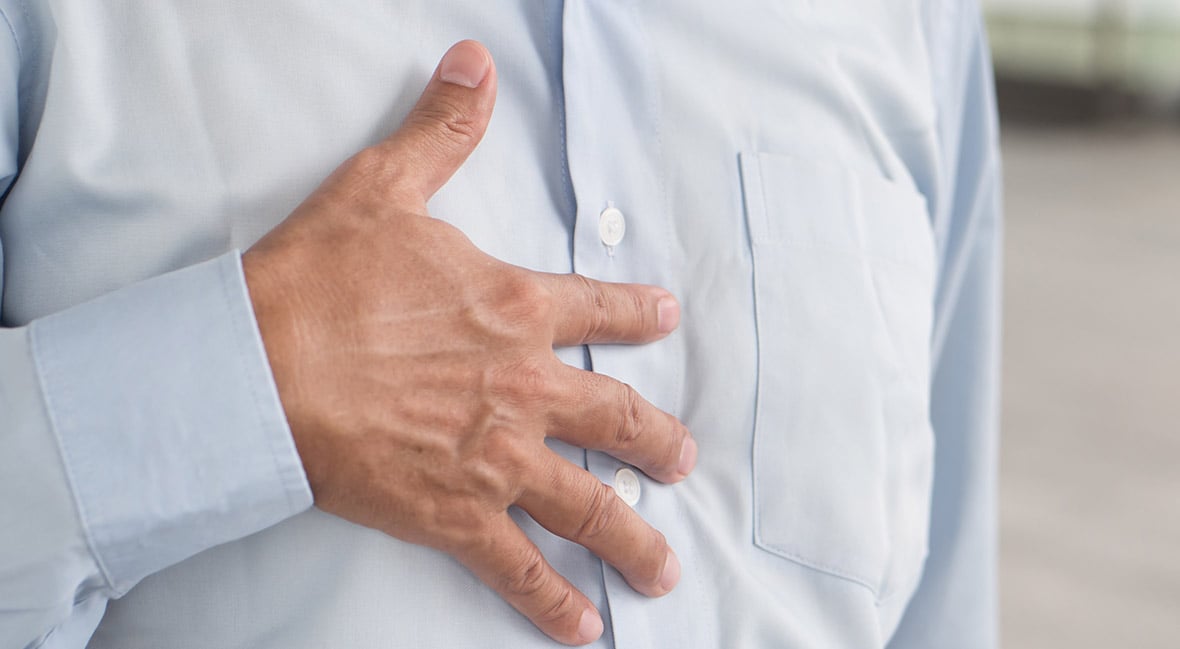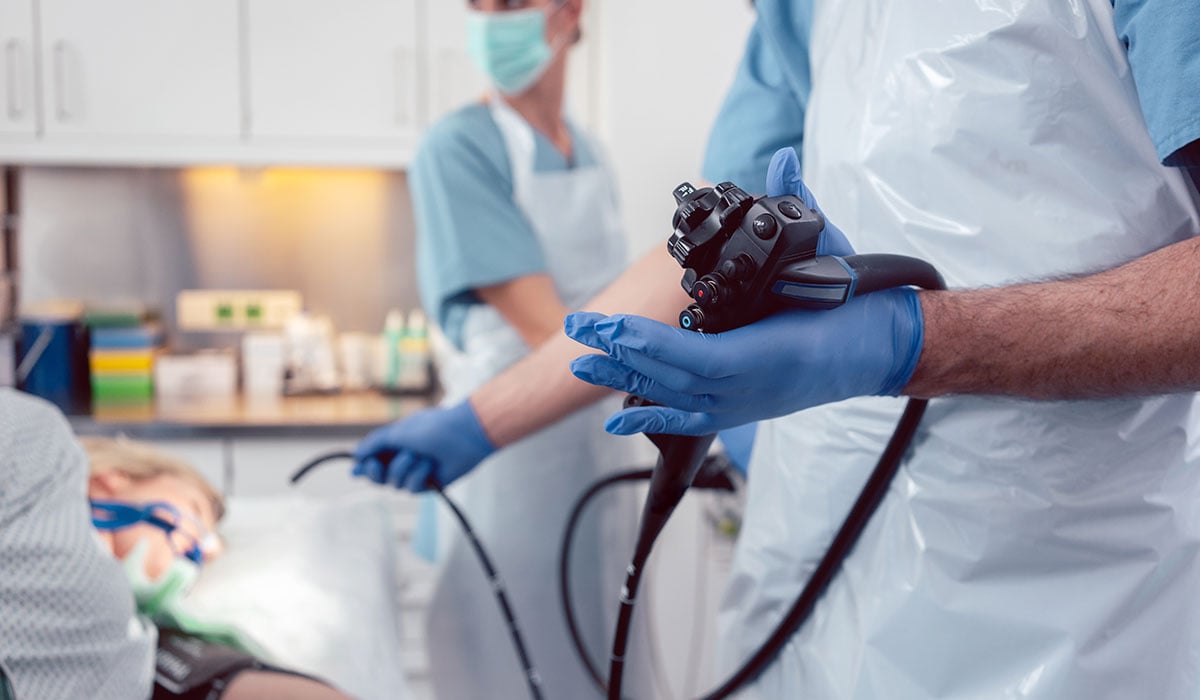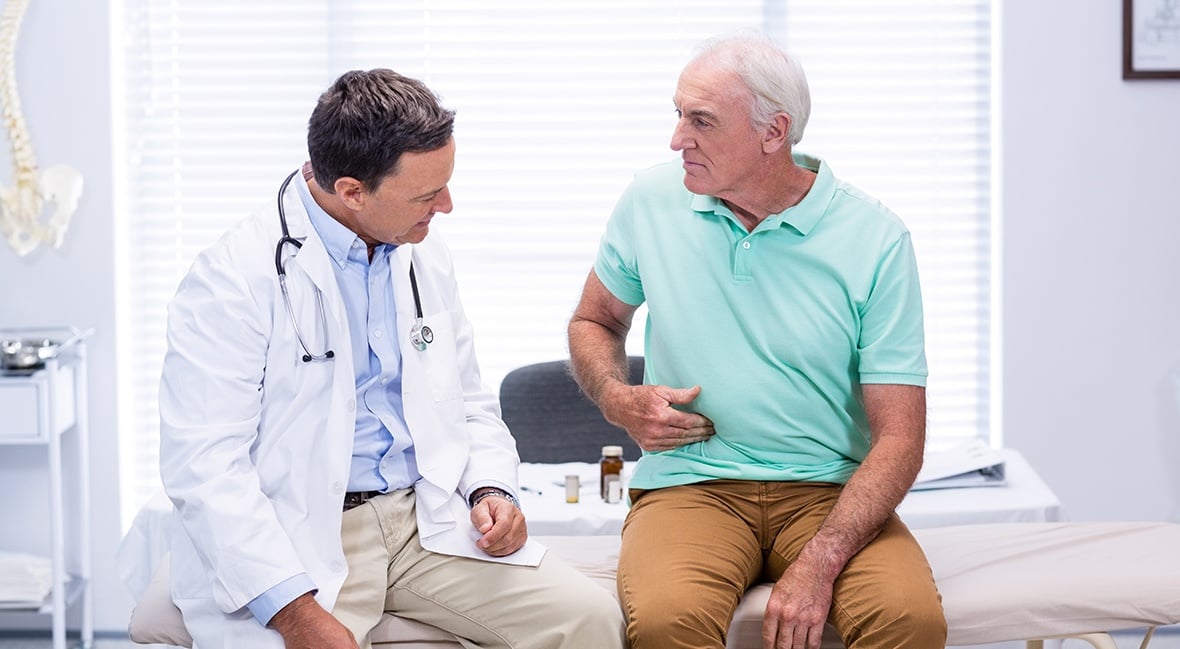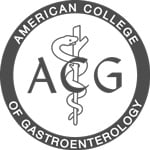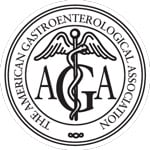If you experience difficulty swallowing, your doctor may recommend esophageal dilation—a non-surgical, endoscopic procedure that carefully stretches your esophagus to counteract abnormal narrowing. Aftercare includes paying particular attention to your diet, as dilation can cause bruising and soreness.
Here are several important dietary requirements you need to know.
Restrict your diet before the procedure.
Keep in mind that esophageal dilation is an endoscopic procedure, which means your doctor may prescribe a special diet for at least 12 hours prior to your appointment, if not longer. This may entail minimizing or completely restricting food intake.
It’s important to follow such guidelines, because your doctor needs an empty stomach to safely perform the dilation. Failing to do so will result in your doctor rescheduling your dilation to prevent complications.
Stick to liquids and soft foods for at least 24 hours after the procedure.
Following your dilation, you’ll spend anywhere from 30 minutes to two hours recovering before you can go home.
Avoid all solid foods for at least two to four hours after your procedure—ingesting liquids, only. Slowly introduce soft foods back into your diet only as your doctor advises. Continue on this regimen of liquids and soft foods—such as pureed fruit (e.g., apple sauce), yogurt, or mashed potatoes—for at least 12 to 24 hours, depending on soreness.
When you do start to return to your normal diet, do it slowly and carefully.
You will most likely be able to return to your normal diet 24 hours after the procedure.
Whenever you do, chew thoroughly and take very small bites, equivalent to a teaspoon. Evaluate how this feels on your post-dilation esophagus.
An important tip for eating after esophageal dilation is to take your time. Pain and soreness while swallowing can persist after the procedure. Though you may be impatient to get back to your regular diet, take care not to rush.



